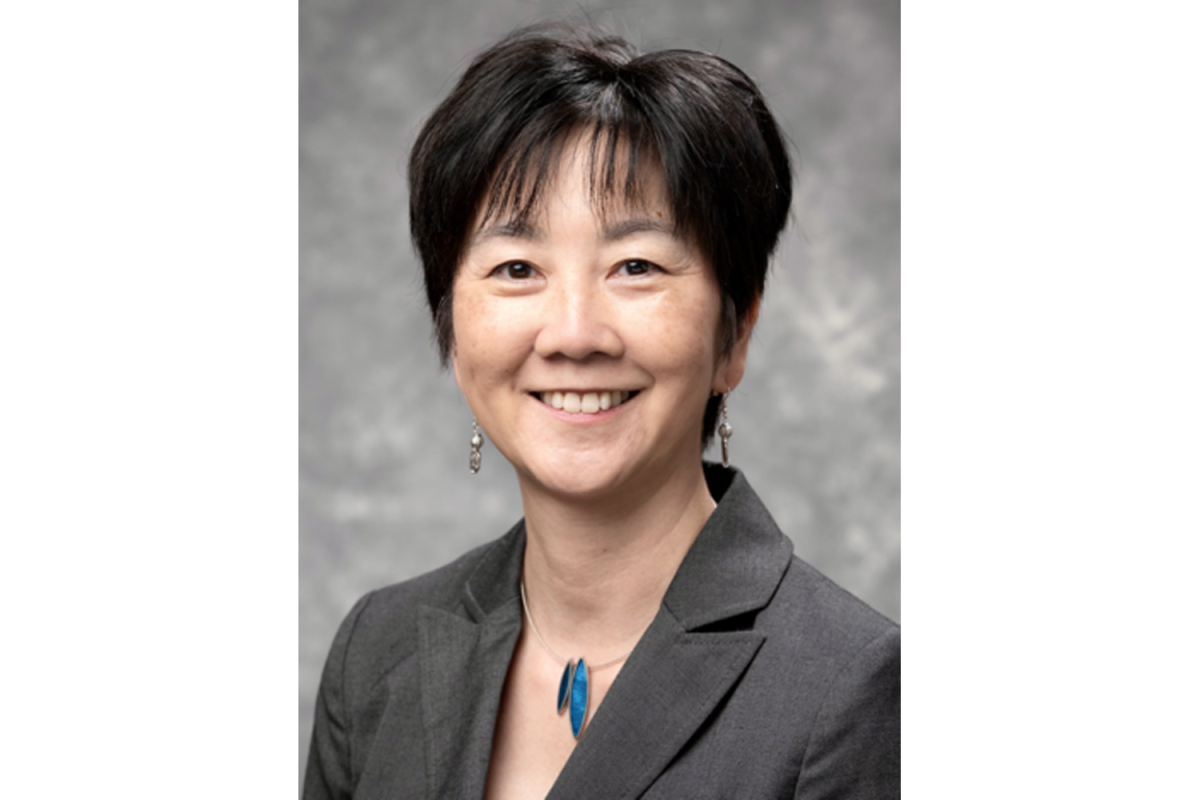By Kayli Reese
With colds and flu sweeping the nation during this season, sicknesses and diseases are not too far from most people’s minds. In the Iowa Legislature, however, these topics are beginning to be discussed in a different way: A bill is in the works that would allow parents to opt-out of vaccinations for their children.
Rep. Vicki Lensing, D-Iowa City, said Iowa’s vaccination law allows children to be exempt for religious reasons, but the new proposal would allow exemptions for any parents’ personal convictions about vaccinations. She said the bill is currently in the Human Resources Committee and not scheduled for the floor just yet.
Most states want vaccinations to start prior to attending preschool, she said. In opposing the legislation, she said, she believes the issue is one of public safety.
“As a parent, you don’t want children exposed to illnesses they don’t need to have,” Lensing said.
While respecting people’s belief in not wanting vaccinations for their children, she said, a lot of people could be in jeopardy of exposure to disease as a result. For example, Lensing said, when California allowed vaccination exemptions, an outbreak of measles occurred.
Beth Tarini, division director of general pediatrics and adolescent medicine at the University of Iowa Hospitals and Clinics, also cited the high risks of disease when vaccination exemptions are allowed.
“Even if you have a few people here and there not vaccinated, many members of the community could pass on illnesses,” she said.
Tarini said some children, such as those with cancer, are not able to receive vaccinations for health reasons, and those kids are put at an additional risk of disease if more and more children are exempt from vaccinations.
Having opt-outs based in philosophical and personal convictions, she said, have been shown to significantly decrease the number of vaccinations given to children, rather than just allowing religious exemptions. Tarini said studies, such as the one featured in the New England Journal of Medicine, have shown that when a state offers a general opt-out, the number of child vaccinations decreases; the exemption rate went from 0.99 percent to 2.54 percent between the years of 1991 and 2004 when a state offered a general opt-out.
Tea Ho, co-president of the Iowa City School District parent organization, said while she cannot speak for the organization as a whole, she believes opting out of vaccinations should not be allowed.
Exempting vaccinations based on personal beliefs, she said, compromises the health of everyone around, including children unable to receive vaccinations. The federal government needs to step in to protect kids, she said, because some parents still believe myths, such as vaccines cause autism, that have since been proven to be false.
Ho said vaccination exemptions could lead to disease outbreaks, such as the outbreak in mumps in 2015 at the UI. She cites this as a good example of how easily illnesses can spread throughout a population, and she also stresses the importance of continuing to receive vaccinations throughout numerous stages of one’s life, not just the initial vaccinations given when young.
Lensing said it is the job of the public-health system and the Legislature to better educate society on the importance of vaccinations.
“The number of people jeopardized [when people exempt from vaccinations] is a scary thing,” she said.







